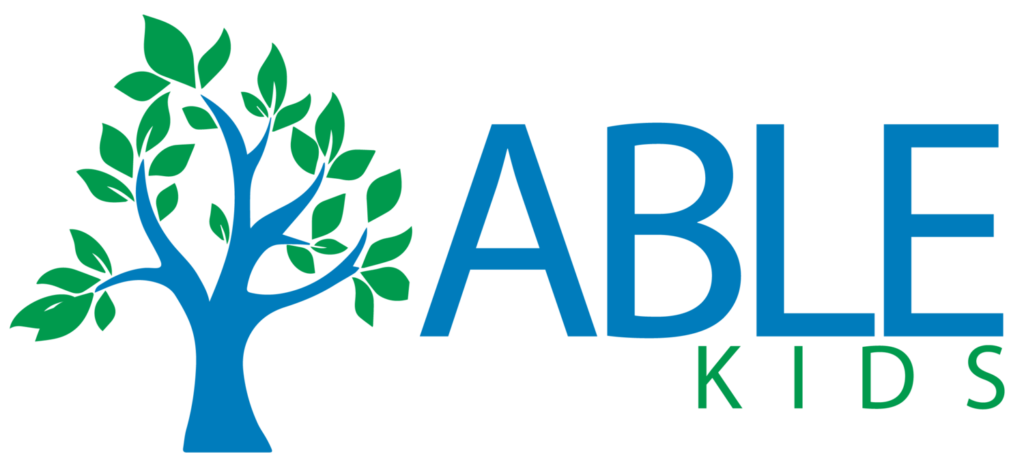ABA therapy, also known as Applied Behavior Analysis therapy, is a widely used and effective treatment for individuals with developmental disabilities. This therapy focuses on systematically applying behavioral principles to improve socially significant behaviors. Over time, with consistent practice and reinforcement, individuals can make significant developmental growth in various areas of their life.
Tracking progress in ABA therapy is essential for ensuring that therapy is effective, efficient, and individualized. By monitoring data and making adjustments as needed, behavior analysts can tailor treatment plans to meet the unique needs of each client and maximize the potential for positive outcomes.
Understanding Developmental Milestones
Understanding developmental milestones in childhood is essential for parents, caregivers, and educators to ensure that children are progressing on track and meeting age-appropriate expectations. By knowing what to expect at each stage of development, adults can provide necessary support and guidance to help children reach their full potential.
One of the key developmental milestones is communication. The ability to communicate effectively is essential for social interaction, academic success, and overall cognitive development.
Another key developmental milestone is social interaction. Pretend play helps children develop important social skills such as empathy, cooperation, and problem-solving, and it fosters creativity and self-expression.
Developing motor skills is another developmental milestone. Walking allows children to explore their environment, interact with others, and participate in physical activities that promote their overall health and well-being.
How ABA Therapy Supports Milestone Achievement
One of the key aspects of ABA is its individualized approach to learning and behavior modifications. This tailored approach allows therapists to develop specific strategies and interventions that are best suited to the unique needs and strengths of each individual, leading to more effective and successful outcomes.
An integral part of ABA therapy is the establishment of targeted goals to support milestone achievement in individuals undergoing therapy. These goals are carefully designed to address specific behavior deficits and skills that are necessary for the individual to reach their full potential. By setting targeted goals, behavior analysts are able to track progress, make necessary adjustments to treatment plans, and ultimately help individuals with ASD achieve important milestones in their development.
In addition to its individualized approach, ABA also emphasizes the importance of reinforcement in behavior modification. Therapists use positive reinforcement, such as praise or rewards, to increase the likelihood of desired behaviors occurring in the future. By identifying what motivates the individual and using these reinforcers strategically, therapists can effectively shape behavior and promote skill acquisition.
Methods for Tracking Progress in ABA Therapy
One common method of data collection in ABA therapy is direct observation. This involves the behavior analyst observing the client in their natural environment and recording data on various behaviors of interest. The advantage of direct observation is that it provides real-time data and allows for accurate measurement of behaviors.
Another common method is behavior charts. These charts typically consist of a grid or table that outlines the target behaviors, the criteria for success, and the consequences for meeting or not meeting those criteria. One of the key benefits of using behavior charts in ABA therapy is the ability to track progress over time and make adjustments to the treatment plan as needed.
In addition to regular assessments, parental involvement is crucial in accurately tracking progress in ABA therapy. Parents can actively participate in the tracking process by observing and documenting their child’s behavior both during therapy sessions and at home. By closely monitoring their child’s progress, parents can provide valuable feedback to ABA therapists on what strategies are effective and which areas need more attention. This collaboration between parents and therapists helps to tailor the therapy to meet the individual needs of the child and maximize the effectiveness of the intervention.
Recognizing Progress Beyond the Data
Even small successes play a significant role in the overall progress and success of the client. These small successes may seem insignificant at first, but they are essential steps towards achieving larger goals. Each small success provides reinforcement for the client and encourages them to continue working towards their goals.
It’s also important to recognize and celebrate the qualitative improvements in behavior, communication, and social skills that aren’t necessarily reflected in data. The qualitative improvements seen in children with ABA therapy highlight the importance of early intervention and individualized treatment in addressing the unique needs of each child with a developmental disorder.
Celebrate Progress in ABA therapy
Tracking developmental milestones with ABA therapy is a crucial component of ensuring that children with developmental delays receive the most effective and individualized treatment possible. By closely monitoring a child’s progress, collecting and analyzing data, and using reinforcement strategies to promote skill development, therapists are able to provide targeted interventions that support each child’s unique needs and abilities.
Parents and caregivers are also incredibly vital to the process. By staying involved and collaborating with therapists, the outcomes become even more optimal, giving more cause for celebration when milestones do occur. Their involvement not only benefits the individual receiving treatment but also strengthens the bond between the family and the therapist, creating a supportive and empowering environment for everyone involved.
